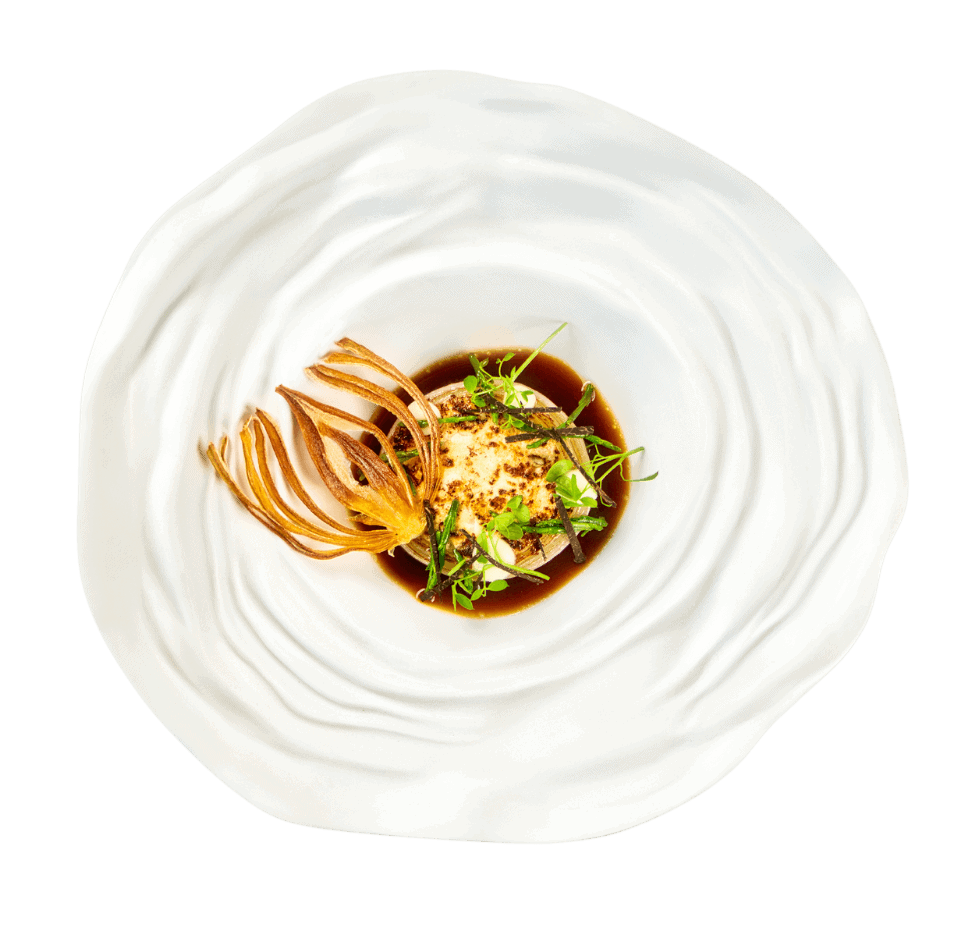Legal researchers from the Queensland University of Technology (QUT) have analysed the politics of alternative proteins ahead of the anticipated approval of cultivated meat.
The study – which analyses the conclusions of the 2022 Senate Inquiry into Definitions of Meat and Other Animal Products – was performed by Dr Hope Johnson from the QUT School of Law, Melbourne Law School Professor Christine Parker, and QUT researcher Dr. Brodie Evans.
The research was conducted as anticipation around the approval of cultivated meat products in Australia runs high.

Despite losing the title of third country to certify a cultivated meat product for sale to Israel earlier this month, Australia is expected to approve its first products within this year, with Vow passing the safety inspection phase for its cultivated quail in December 2023.
The QUT study also comes as countries across Europe such as France and Italy grapple with contentious political views on cultivated meat, which have already led to a ban in the latter nation.
The study notes that despite an initial concern regarding a perceived threat that meat alternatives posed to traditional animal agriculture, stakeholders eventually decided that alternative proteins were “not necessarily in competition with meat and dairy”.
The analysis also finds that the inquiry viewed labelling of meat alternatives as a key issue to both industries and the best solution would be to ensure ‘consumer clarity.’
“Despite the lack of consumer complaints about the labelling of meat alternatives to the ACCC, most stakeholders – and the outcome of the Inquiry – supported the introduction of mandatory qualifiers for plant-based meat and dairy alternatives, for example ‘plant-based burger’,” Dr Johnson, the research lead, said in a statement.

“Animal agricultural industries across various nations have resisted this positioning in regulatory spaces by advocating for laws that restrict the use of meat and dairy terms on the labels of alternative proteins products.
“Stakeholders also pushed for improved regulation of nutrition and sustainability claims, with the latter claims largely being unregulated by Australian food law and mostly left to consumer watchdogs,” she added.

Dr Johnson also commented on stakeholder viewpoints regarding the pending approval for Vow’s cultivated meat products.
“Once submissions are closed, they will consider – among other things – how to label these new food products. We expect to see more concerns from stakeholders about the potential for cultivated meat products to replace conventionally produced meat and dairy,” Dr Johnson said.
“But perhaps unlike the previous political debates on plant-based meat, this will not be resolved by conclusions that the products are not in competition. Likewise, the on-going lack of proactive regulation regarding sustainability claims on food will probably be flagged by stakeholders.
“The environmental credentials of both meat and cultivated meat are complex to verify and giving the consumer a full picture of all the environmental impacts is difficult on a standard label.”
Dr Johnson said that she and her colleagues will continue to study the approval of cultivated meat products in Australia.
To stay up-to-date on the latest industry headlines, sign up to Future Alternative’s enewsletter.
Posted on:


